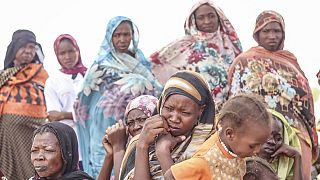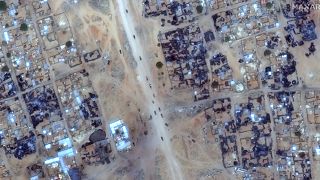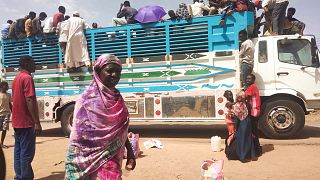Sudan
As the conflict in Sudan enters its third week the World Health Organisation's regional director for the Eastern Mediterranean alerted for the consequences of the conflict in the healthcare facilities in the country.
"In numbers, approximately 61 percent of the medical institutes in Khartoum stopped working because to the direct military attacks, military occupation for those institutes and firing their staff. 23 percent of the hospitals in Khartoum work partially, and 16 percent work at full capacity, this is the health situation in Sudan, especially in the conflict areas", announced Dr. Ahmed Al-Mandhari, regional director of the World Health Organization's office for the Eastern Mediterranean.
The conflict has sparked an exodus of trained healthcare professionals from the country further aggravating the situation.
Estimates suggest that 24,000 women will give birth without maternal care in the coming weeks.
"Many working and trained minds in the healthcare sector are fleeing Sudan... There is a withdrawal of many NGOs and non-NGOs due to direct attacks. By all means, it's a disaster", concluded the regional director.
According to the UN even before the conflict,15.8 million people, about a third of the population were already in need of aid.













Go to video
DRC: Goma Christians celebrate Easter under rebel rule
Go to video
Congo suspends Kabila's political party over rebel 'ties'
01:06
Sudan: Thousands flee, more remain trapped in RSF attack on Darfur camp
01:53
Returning home to nothing: Displaced families in eastern DRC face dire humanitarian crisis
Go to video
South Sudan: top UN official in the country warns of risk of new civil war
02:15
Ethiopia's Tigray struggles to care for war wounded